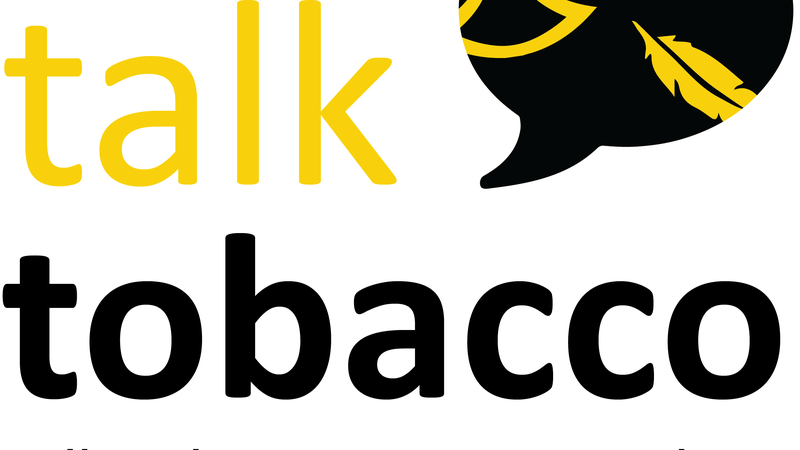NDP aim to pressure Liberals to accept PR by backing electoral reform referendum
OTTAWA — New Democrats have dropped their opposition to holding a national referendum on electoral reform in a bid to pressure the governing Liberals into agreeing to a proportional voting system.
The move Wednesday was aimed at forging a united front in favour of proportional representation among opposition parties, who hold the majority on an all-party committee that is supposed to recommend an alternative to Canada’s first-past-the-post voting system by Dec. 1.
Committee members have been holed up behind closed doors this week, attempting to reach a consensus which has so far proved elusive.
NDP, Bloc Quebecois and Green members of the committee support a proportional voting system but Conservatives have said they will not support any change unless it is approved by Canadians in a referendum. The Bloc also wants a referendum.



